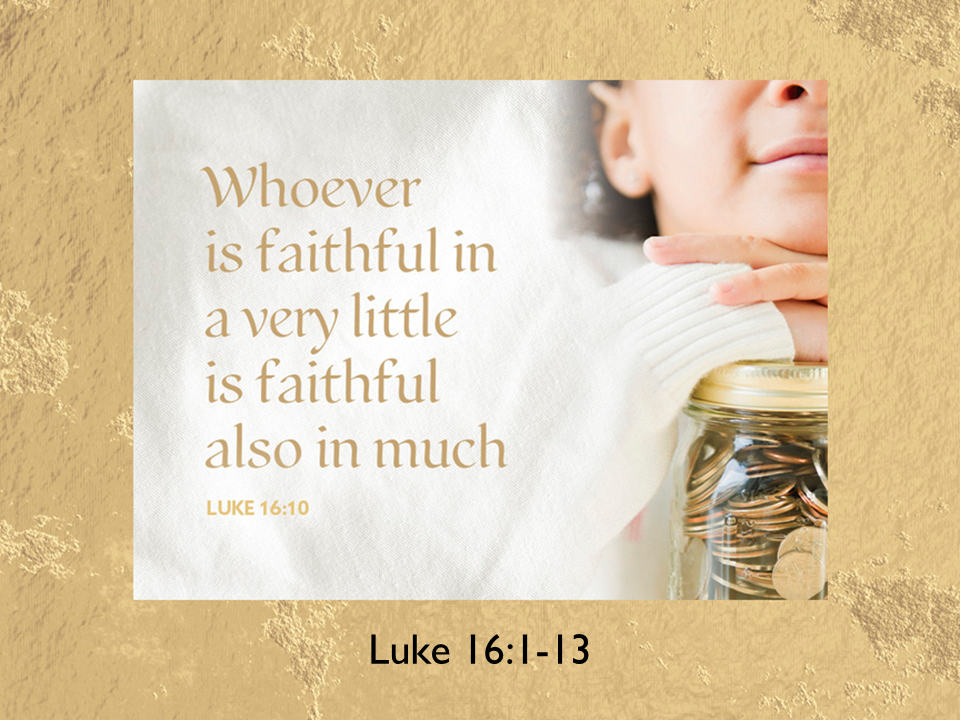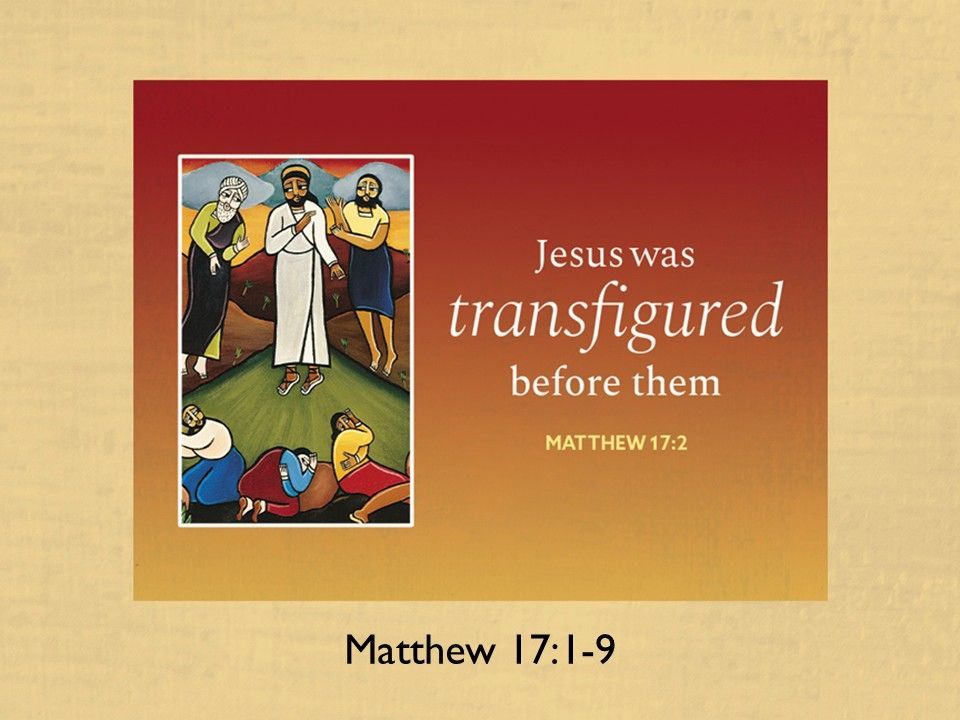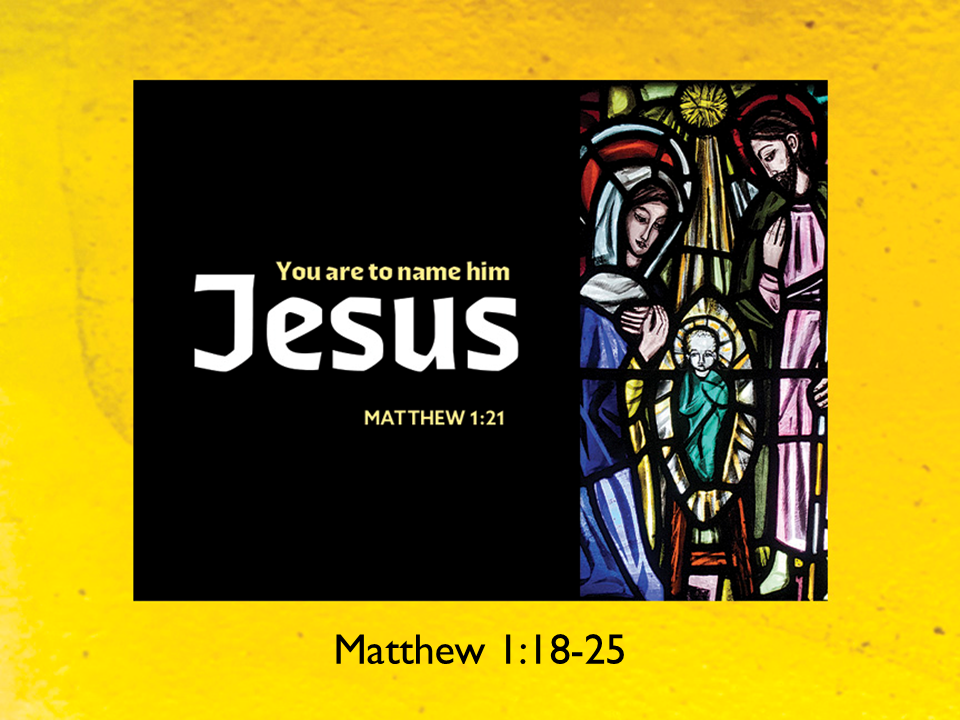09.21.2025 - 15th Sunday after Pentecost - Kris Perkola

In this passage, Jesus tells his disciples a parable about a dishonest manager who cleverly makes the most of a bad situation and finds praise from his master and Jesus. This is perhaps the most controversial parable that Jesus ever tells in the gospels and the most discussed by Biblical commentators. The controversy comes from Jesus seemingly praising a person that Jesus admits is dishonest. Is Jesus endorsing dishonest behavior? Since most readers have doubted that, much has been written about how to make the parable work in a virtuous manner. The ending, however, is clear: we must choose to serve God over wealth.
The parable comes after several teachings directed at the Pharisees, and I do wonder if it is at their expense. Is Jesus mocking the Pharisees by saying they are dishonest managers of God’s things? Whoever the manager represents, it does seem that Jesus praises him genuinely for his shrewdness or cleverness, if not for his dishonesty.
The manager begins the passage having been losing his master’s money, probably spending it on himself. The master may or may not know this. What the master does know is that the manager isn’t making him any more money with his management, and he needs to go. The manager knows he’s going to be dismissed, so he decides to do favors for the master’s debtors by reducing what they owe to the master. It is a matter of debate if he’s reducing his master’s take on the debt or his own cut as a manager, but either way the debtors will now owe the manager for this favor. For this, the master and Jesus praise the manager. Jesus even suggests that believers can learn from this example. But what can we learn from this dishonest person?
I think it’s important to understand the society where this parable takes place. Entering into a favor-for-favor relationship with someone, like the manager is doing, bound people together for years. Many favors would be traded, and eventually, a genuine friendship might even form between people who originally just owed each other. I think Jesus might be saying that our good works, including the stewardship of the resources God has given us, should also build relationships with our neighbors. We shouldn’t just cut checks to help those in need, we should get to know them, even if we have to travel some distance to meet them. Eventually, the work we do isn’t charity, but just friends helping friends.
This can be a confusing passage, at least as far as the details are concerned. But the message that we should be good stewards of the gifts God has given us, and that we should serve God above all else, is straightforward. God gives us many gifts and resources to use for the benefit of our world, and we should make connections with fellow workers and people in need as we do so. May we be honest, yet shrewd, managers for God!















